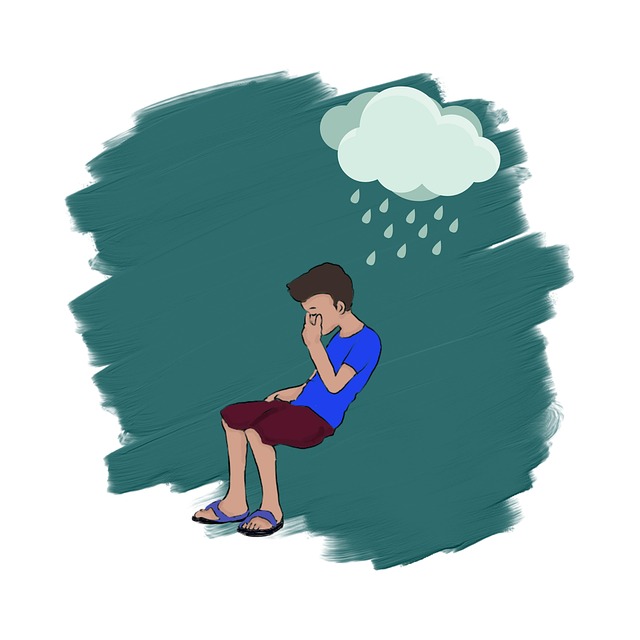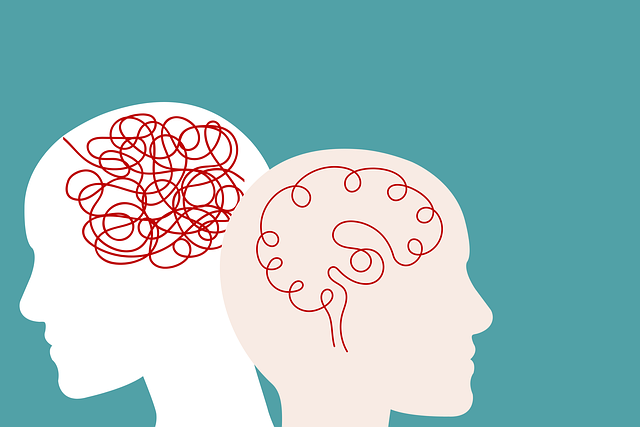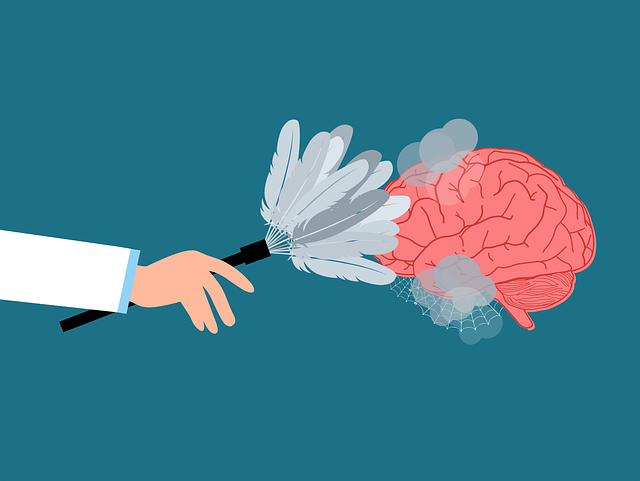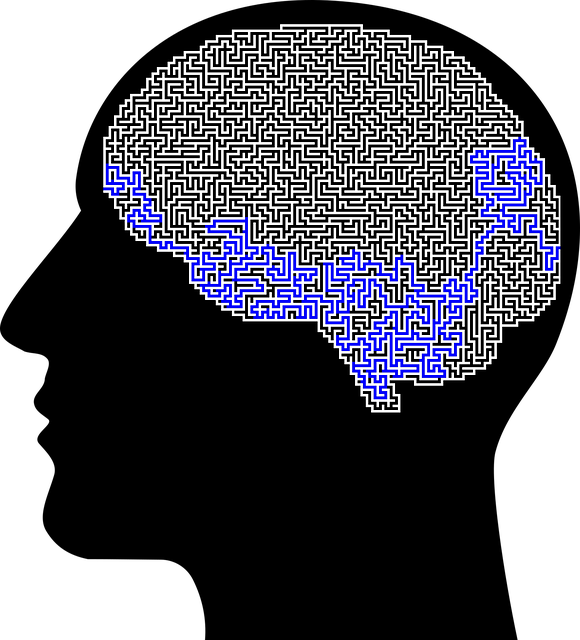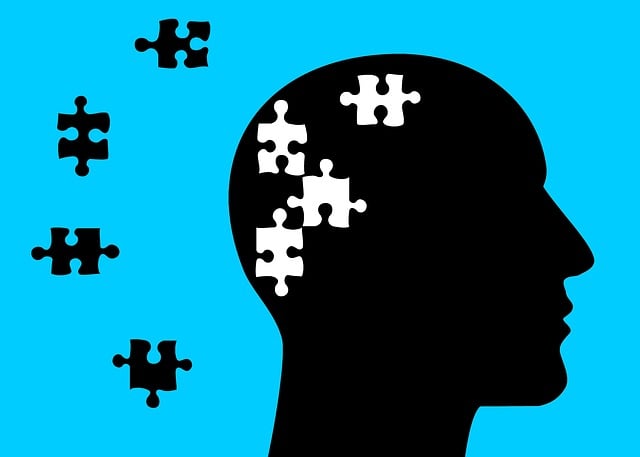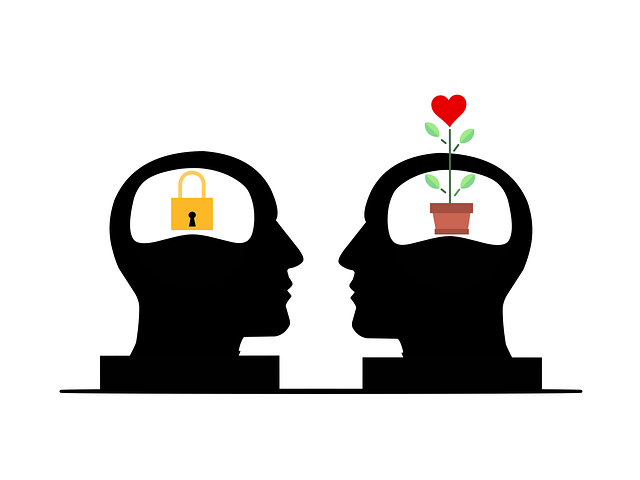Greenwood Village Blended Families Therapy offers specialized mental wellness coaching programs tailored to diverse families' unique challenges. Integrating CBT, mindfulness, and family systems theory, their holistic approach addresses issues like depression and promotes prevention strategies. By combining in-person and virtual coaching, they enhance accessibility and engagement, empowering clients to manage stress and resolve conflicts effectively. Using data-driven evaluations, including feedback forms and progress tracking, the program ensures continuous improvement and tracks symptom reduction, fostering long-term mental wellness success.
Mental wellness coaching programs are gaining prominence as effective tools for personal growth. This article offers a comprehensive overview of mental wellness coaching, highlighting its significance in today’s fast-paced world. We explore the unique needs of blended families and how tailored programs can foster healthier dynamics. At Greenwood Village, an innovative approach combines various therapies for optimal results. Through this lens, we discuss integrating in-person and virtual sessions, emphasizing a blended strategy. Moreover, evaluation methods are crucial; we provide strategies to measure success and ensure continuous improvement in mental wellness coaching.
- Understanding Mental Wellness Coaching: A Comprehensive Overview
- The Need for Customized Programs in Blended Families
- Integrating Therapies for Optimal Results at Greenwood Village
- Designing a Blended Approach: Combining In-Person and Virtual Sessions
- Measuring Success: Evaluation and Continuous Improvement Strategies
Understanding Mental Wellness Coaching: A Comprehensive Overview

Mental Wellness Coaching is a supportive practice that focuses on empowering individuals to enhance their mental health and overall well-being. It involves a collaborative relationship between a coach and a client, where the coach provides guidance, strategies, and tools tailored to the client’s unique needs. This approach aims to foster self-awareness, build resilience, and promote positive lifestyle changes. In today’s fast-paced world, where stress and mental health challenges are prevalent, coaching can offer a much-needed sanctuary for individuals seeking to navigate their emotional well-being.
Greenwood Village Blended Families Therapy, for instance, has recognized the power of coaching in addressing various mental health concerns among its community. They offer tailored coaching programs that cater to diverse populations, including blended families, aiming to strengthen relationships and improve overall mental wellness. Through these initiatives, they not only support individuals in managing existing conditions like depression but also emphasize prevention strategies, promoting resilience-building skills that can protect against future mental health issues. Additionally, their Community Outreach Program Implementation showcases a holistic approach, extending support beyond individual coaching by engaging the wider community in mental health awareness and resources.
The Need for Customized Programs in Blended Families

In Greenwood Village, blended families often face unique challenges that require tailored mental wellness coaching programs. With children from different backgrounds and previous relationships, these families need support to navigate complex dynamics, foster healthy communication, and build strong bonds. A one-size-fits-all approach may not address the specific needs of each family member, leading to potential issues such as conflict, low self-esteem, or feelings of disconnection. Customized programs are essential to promoting mental wellness in these households.
By designing interventions that consider individual and collective experiences, coaches can facilitate a sense of belonging and security within the blended family unit. Implementing strategies focused on empathy building, effective communication techniques, and confidence boosting can significantly contribute to resolving conflicts and strengthening relationships. Moreover, public awareness campaigns development targeting blended families can help reduce stigma and encourage open discussions about their unique circumstances, ultimately enhancing overall mental wellness in these communities.
Integrating Therapies for Optimal Results at Greenwood Village

At Greenwood Village, mental wellness coaching programs are designed with a holistic approach, recognizing that every individual’s journey to optimal well-being is unique. The integration of various therapies proves highly effective for diverse populations, including blended families navigating complex dynamics. By combining elements of cognitive-behavioral therapy (CBT), mindfulness practices, and family systems theory, coaches create tailored strategies to address specific challenges. This blend offers powerful tools for stress management workshops within the organization, promoting a healthier work environment.
Moreover, conflict resolution techniques are nurtured, empowering families to handle disagreements constructively. Additionally, burnout prevention strategies for healthcare providers are supported, ensuring these essential workers maintain resilience and vitality in their professions. The comprehensive nature of Greenwood Village’s programs fosters personal growth, enhances relationships, and cultivates mental robustness across all sectors of the community.
Designing a Blended Approach: Combining In-Person and Virtual Sessions

In today’s diverse landscape of mental wellness support, a blended approach to coaching programs is gaining traction, particularly in communities like Greenwood Village Blended Families Therapy. This strategy cleverly combines in-person sessions with virtual interactions, leveraging the benefits of both settings. In-person meetings foster deep connection, empathy, and immediate crisis intervention guidance, making them invaluable for emotional healing processes. At the same time, virtual sessions offer flexibility, accessibility, and opportunities for ongoing inner strength development, catering to busy schedules and diverse preferences.
This hybrid model ensures that clients receive comprehensive care tailored to their unique needs. For instance, a client might begin with intensive in-person therapy to address acute issues, followed by virtual check-ins to maintain momentum, explore new coping strategies, and cultivate resilience. This blended approach not only enhances engagement but also empowers individuals to take charge of their mental wellness journey, ultimately leading to more sustainable results.
Measuring Success: Evaluation and Continuous Improvement Strategies

Measuring success is a vital component of any effective mental wellness coaching program, especially when catering to diverse populations like Greenwood Village Blended Families Therapy. Evaluation strategies allow coaches to assess the impact and effectiveness of their interventions, ensuring that clients are receiving tailored support aligned with their unique needs. By implementing robust evaluation methods, coaches can identify areas for improvement and make data-driven adjustments to their practices.
Continuous improvement is fostered through regular assessment and reflection. This involves utilizing various tools such as client feedback forms, structured interviews, and self-reported progress tracking. Incorporating Emotional Well-being Promotion Techniques and Trauma Support Services within the evaluation process enables coaches to gauge not only symptom reduction but also enhanced inner strength development. By continually refining their approaches based on these evaluations, mental wellness coaching programs can optimize outcomes and create a more supportive environment for clients’ long-term success.
Mental wellness coaching programs, especially tailored for blended families, offer a promising approach to fostering resilience and emotional well-being. By integrating in-person and virtual sessions, as seen at Greenwood Village, therapists can provide comprehensive support that caters to diverse needs. This blended approach ensures accessibility and adaptability, making therapy more engaging and effective. Continuous evaluation and improvement strategies are crucial for optimizing these programs, ensuring they remain responsive to the evolving mental health landscape, particularly within the unique dynamics of blended families.


